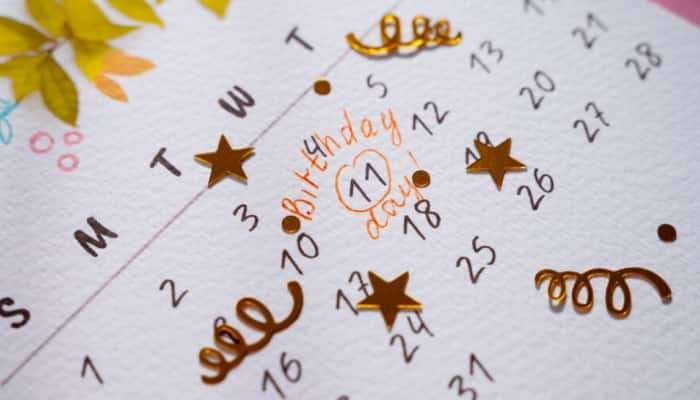PM Modi places India under 21-day lockdown to fight coronavirus: What is open, what is not
In an apparent effort to curb the outbreak of coronavirus in India, Prime Minister Narendra Modi on Tuesday (March 24) announced a total lockdown in the country from midnight for 21 days.
Trending Photos
)
In an apparent effort to curb the outbreak of coronavirus in India, Prime Minister Narendra Modi on Tuesday (March 24) announced a total lockdown in the country from midnight for 21 days.
Addressing the nation for the second time in a week, PM Modi said, "From 12 am of March 24 entire country will be on complete lockdown for three weeks (21 days) due to COVID-19," said PM Modi." He added that the lockdown is in a way curfew and would be more stringent than Janata curfew.
Here;s what it means, according to guidelines put out by the Centre shortly after PM Modi's announcement:
What is shut:
All transport, trains, flights, buses, autorickshaws, cabs
All government offices except those taking care of essential services
All commercial and private establishments
Industrial and hospitality establishments
All educational institutions, including colleges, schools and coaching centres
All places of worship, religious congregations
All social, political, sports, entertainment, academic, cultural, religious functions
What is not shut:
Banks, ATMs, insurance offices
Ration shops (under PDS), dealing with food, groceries, fruits and vegetables, dairy and milk booths, meat and fish, animal fodder
Essential services like sanitation, water supply, power
Hospitals and all related medical establishments, including dispensaries, chemists, labs, clinics, nursing homes, ambulance, both in public and private sector.
Transport for all medical personnel, nurses, paramedical staff
Home delivery of food, medicines, medical equipment
Print and electronic media, telecommunications, internet services, broadcasting and cable services and IT-enabled services (for essential services)
Petrol pumps, LPG, petroleum and gas retail, storage outlets
Power generation, transmission and distribution units and services
Cold storage and warehousing services
Private security services
Industrial units involved in manufacturing essential commodities.
Transport of essential goods, fire, law and order and emergency services
Establishments used for quarantine.
Defence, central armed police forces, treasury
Public utilities like petroleum, CNG, LPG, PNG
Disaster management, post offices, police, home guards, fire and emergency services, prisons.
Penalties for violating lockdown:
All persons who have arrived in India after February 15 and all directed quarantine will stay home or face legal action. The violators could be put behind bars for six months.
Punishment for obstruction of duty: One to two years in jail or fine
Punishment for false claim: Up to two years in jail and fine
Punishment for false alarm: Up to one year in jail or with fine







)
)
)
)
)
)
)
)
)
)
